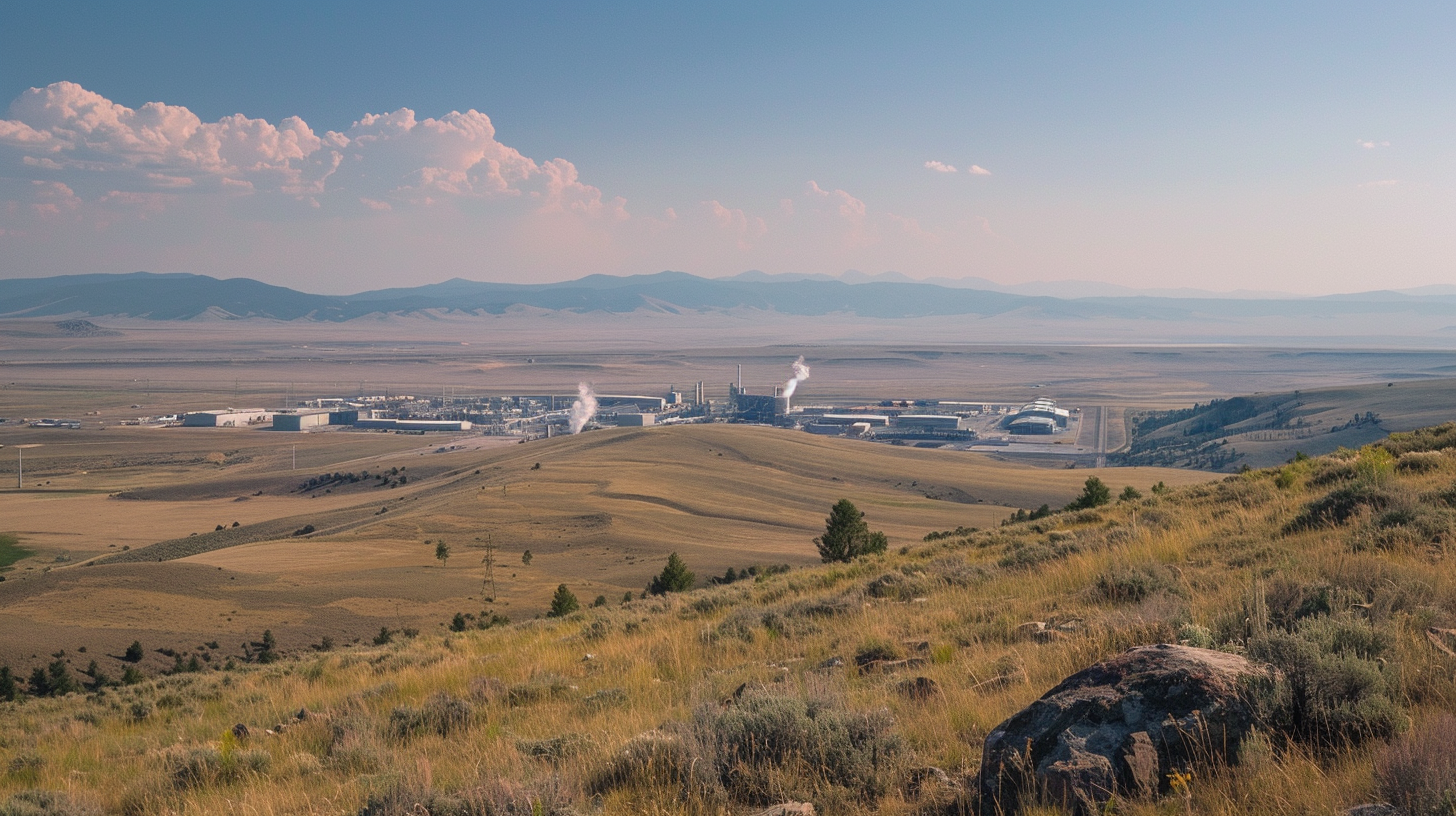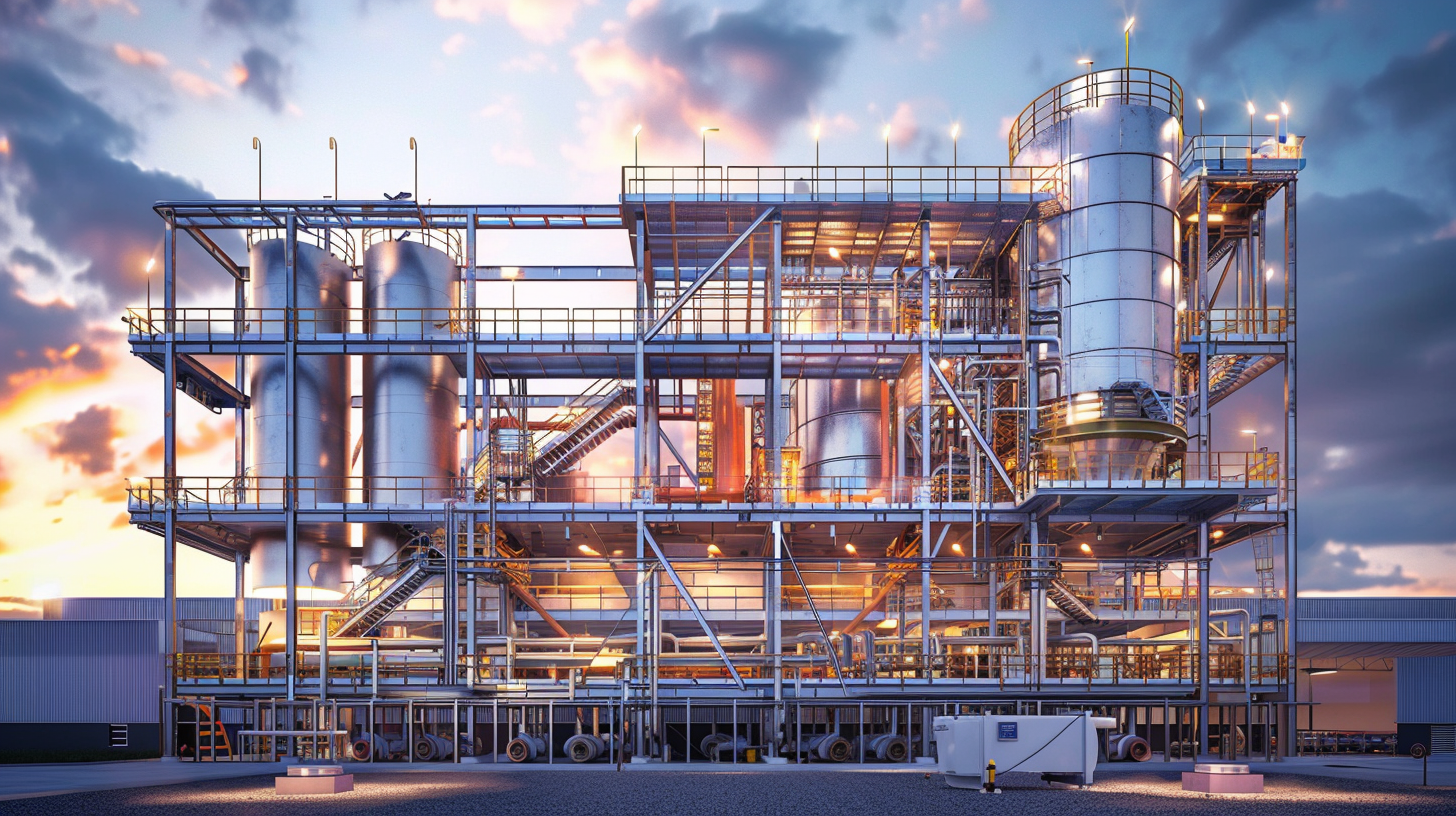| Key Points: – Aperam will acquire Universal Stainless for $45.00 per share in cash. – The deal offers a 19% premium to the 3-month average stock price. – Universal will maintain its U.S. identity and operations post-acquisition. |
Universal Stainless & Alloy Products, Inc. (Nasdaq: USAP) has announced a definitive agreement to be acquired by Aperam, a global leader in stainless and specialty steel, in an all-cash deal valued at $45.00 per share. This acquisition represents a 19% premium to the company’s three-month volume-weighted average stock price, marking a significant milestone for Universal. The total value of the deal is expected to provide liquidity to shareholders while integrating Universal into Aperam’s global footprint.
The $45.00 per share cash offer reflects a valuation of 10.6x Universal’s trailing 12-month Adjusted EBITDA as of June 30, 2024. Upon completion, Universal will become a wholly-owned subsidiary of Aperam, furthering Aperam’s expansion into the U.S. market by providing its first domestic manufacturing presence. Universal will continue to operate under its existing name and maintain its headquarters in Bridgeville, PA, ensuring a seamless transition for employees and customers.
Christopher M. Zimmer, President and CEO of Universal, expressed optimism about the acquisition: “This is an exciting opportunity to become part of a respected leader with complementary capabilities. It’s a significant step forward that will accelerate our growth and offer tangible benefits to our stakeholders, including our stockholders, employees, and customers.”
Aperam sees this acquisition as a strategic move to strengthen its position in the stainless and specialty steel sector, particularly in aerospace and industrial applications. Timoteo Di Maulo, CEO of Aperam, stated, “Universal’s capabilities and vision align with our strategy for sustainable growth and innovation. This acquisition enhances our ability to provide superior solutions to high-quality, sustainable sectors.”
The deal has been unanimously approved by the boards of both companies and is expected to close in the first quarter of 2025, pending regulatory approvals and shareholder consent. Following the close, Universal’s shares will cease trading on the Nasdaq stock exchange, and the company will continue to operate as Universal Stainless under the umbrella of Aperam.
For investors, this acquisition provides liquidity and a premium return on their investments, while Universal employees can expect to maintain their roles, with extended access to resources and innovations from Aperam’s global research centers. Customers will benefit from increased product offerings and improved manufacturing capabilities, ensuring that the combined entity continues to lead in the specialty steel market.
















